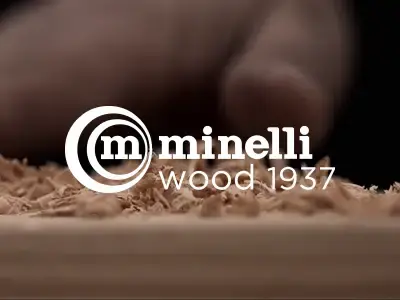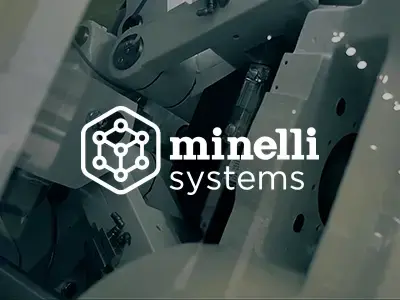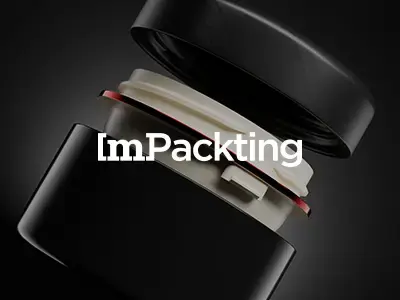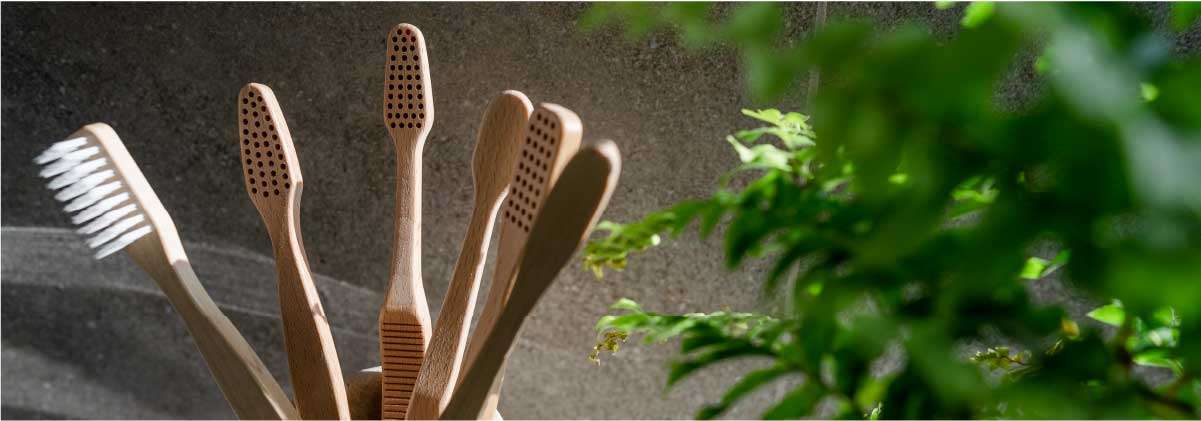 The heightened environmental awareness in contemporary society has undeniably influenced the manufacturing paradigms, especially within the oral care sector. This shift is exemplified by the increasing consumer scrutiny regarding the lifecycle of everyday items, including toothbrushes. A competent oral care manufacturer today is thus defined not only by product effectiveness but by a deep-seated commitment to sustainability.
The heightened environmental awareness in contemporary society has undeniably influenced the manufacturing paradigms, especially within the oral care sector. This shift is exemplified by the increasing consumer scrutiny regarding the lifecycle of everyday items, including toothbrushes. A competent oral care manufacturer today is thus defined not only by product effectiveness but by a deep-seated commitment to sustainability.
In the following article, we will dive into the hallmarks of a competent oral care manufacturer and why wood has emerged as a superior material in today's oral care landscape.
Key features of the ideal oral care manufacturer
For too long, plastic toothbrushes have symbolized convenience at the cost of environmental integrity. With alarming statistics that reflect a global plastic waste crisis—such as the discarded toothbrushes in the U.S. being enough to encircle the Earth multiple times—there's a growing call for manufacturers to be responsible stewards of both oral health and planetary wellbeing.
The historical journey of the toothbrush from natural materials like boar bristles to the post-World War II explosion of synthetic materials illuminates the evolution of consumer goods and their impact. The affordability and accessibility of plastic toothbrushes came at a high environmental cost, propelling forward-thinking manufacturers to turn to sustainable materials such as bamboo and biodegradable composites.
In this transformative age, a manufacturer's excellence is measured by a commitment to eco-friendly materials like wood, ethical manufacturing practices that respect labor and the environment, stringent quality assurance, and continuous innovation that marries product development with environmental ethics.
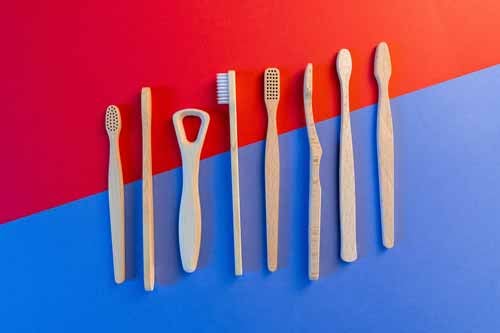
The transition to green materials extends beyond the handles to bristles, as the quest for plant-based, biodegradable options becomes more pressing. Manufacturers are now tasked with rethinking the entire lifecycle of a toothbrush, from eco-friendly designs such as replaceable heads to minimal and recyclable packaging. This holistic approach is crucial in reducing the environmental footprint from production to post-consumer waste.
Today, in fact, it’s very hard to find plastic-free brush options. Biodegradable or bio-based plastics aren’t always better for the planet than their more traditional plastic counterparts, either because they don’t actually break down particularly well or because they have complicated environmental footprints in their own right.
Education plays a vital role in the ecological transition.
A competent oral care manufacturer engages in informing the public about the sustainability of their choices, thus empowering consumers to demand and drive the market towards eco-friendly products.
True innovation in oral care also considers the end-of-life of products, with investments in recycling and upcycling paths for used toothbrushes, closing the loop on their environmental impact.
The synthesis of these ideals and practices defines the contemporary, competent oral care manufacturer. They champion sustainability through the use of renewable materials, eco-friendly packaging, and designs geared towards longevity, while also advocating for consumer education and exploring end-of-life solutions. These manufacturers are not just responding to market demands but are actively shaping a more sustainable future for oral care.
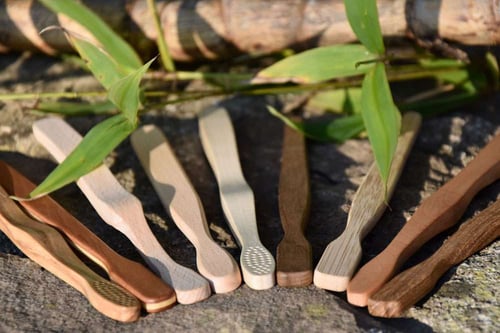
Why wood is the best material for oral care products
Wood, as a material, has emerged as a standout in this green revolution of oral care.
Not only does wood offer a plethora of benefits that outshine its contemporaries, but it also aligns perfectly with the global move towards sustainability and eco-consciousness.
Below are some compelling reasons underlining wood’s superiority in today’s oral care landscape.
Environmental friendliness
The use of wood in manufacturing oral care products underscores a commitment to environmental conservation. Wood is a renewable and biodegradable resource, minimizing waste and the ecological footprint compared to plastics, which contribute to pollution and environmental degradation.
Antimicrobial properties
Wood inherently possesses antimicrobial properties, which are paramount in oral care products to ensure hygiene and prevent bacterial growth. This natural defense mechanism enhances the product’s efficacy and safety, contributing to overall oral health.
Aesthetic appeal and user experience
Wood’s natural and warm aesthetics offer a unique and premium user experience. The texture, grain, and color variations of wood impart a sense of connection to nature, elevating the consumer’s interaction with the product and potentially fostering mindful and enjoyable oral care routines.
Durability and strength
Wood’s robustness and resilience render it an ideal material for manufacturing durable oral care products. Its strength and reliability ensure long-lasting performance, optimizing the value derived from each product.
It is clear that sustainability is integral to delivering quality and innovative products to consumers. The conjunction of competence and the use of wood in oral care manufacturing paves the way for a harmonious blend of innovation, quality, ecological responsibility, and consumer satisfaction, establishing a pathway for a sustainable and prosperous future in oral care.
As suppliers, aligning with manufacturers that prioritize these values ensures you are providing your customers with the best in terms of quality, sustainability, and overall product experience.
If you are looking for a reliable partner that specializes in wood manufacturing, Minelli S.p.A. is the right choice. We have been operating in the timber sector for more than 80 years, so we can guarantee perfect results and successful wooden products. Click here to contact us!
